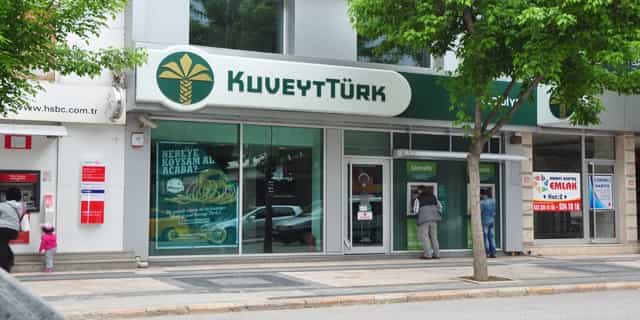Financial Services in Turkey
Turkey’s financial sector is still in the development stage, with financial services ready for further expansion, driven by solid economic growth along with declining interest rates and inflation.
According to the Turkish Banking Regulation and Supervision Agency (BRSA), as of 2009, the asset size of the Turkish financial sector increased by 12 percent when compared to the previous year. As regards asset sizes, 80 percent of assets belong to the banks, meaning that the financial services market, in particular the credit sector, is dominated by the banks. With regards to outstanding securities, the capital markets are largely occupied by government securities.
The Turkish insurance sector is also developing rapidly and is expected to gain new momentum with the Insurance Law that was enacted on June 14, 2007.
Despite the global financial crisis, Turkey’s banking sector remains sturdy and profitable.
According to the Banking Regulation and Supervision Agency’s 2009 statistics, Turkey’s ISE100 index grew by 84.1 percent in US dollar terms during the first 9 months of 2009, realizing the second highest growth performance after the Brazilian stock market (104.4 percent).
Turkey’s financial institutions were not exposed to “toxic assets” caused by the financial crisis.
Turkey’s regulatory bodies have improved steadily since 2001, and the economy has become resilient to both domestic and external financial fluctuations.
The Central Bank of the Republic of Turkey (CBRT) has effective instruments for managing liquidity and flexibility to provide emergency lending assistance.
There are 49 banks operating in Turkey, and currently, the foreign capital ratio of 17 banks in Turkey is more than 50 percent.There are 33 foreign insurance companies in the sector as of December 31, 2008.
Underpinned by expectations of steady economic expansion, growth and age structure of the population, urbanization, the ongoing reform and professionalization of the financial sector and the relative improvement in economic stability, the Economist Intelligence Unit (EIU) expects credit growth to increase 25 percent per annum during the period 2010-2012.
International and Turkish investors are subject to the same conditions and permits.
Turkey’s financial market is highly liberalized.
The Istanbul Stock Exchange (ISE)
The Istanbul Stock Exchange (ISE) only began its operations in 1986, but it grew quickly to become one of the top emerging market exchanges of the world. In 1993, the ISE was the best performing stock market in the world, and foreign investment accounted for 25 percent of daily trading volume.
According to ISE, around 65 percent of the total value of the traded stocks is held by foreign investors as of September 2009.
The Istanbul Financial Center Project is set to make Istanbul a regional financial center within ten years and a global center in a few decades.
The Turkish government is constantly working to improve the Turkish tax system, legal and fiscal environment, political and economical stability and regulatory framework in order to attract financial investments.
SOURCE: INVEST IN TURKEY




